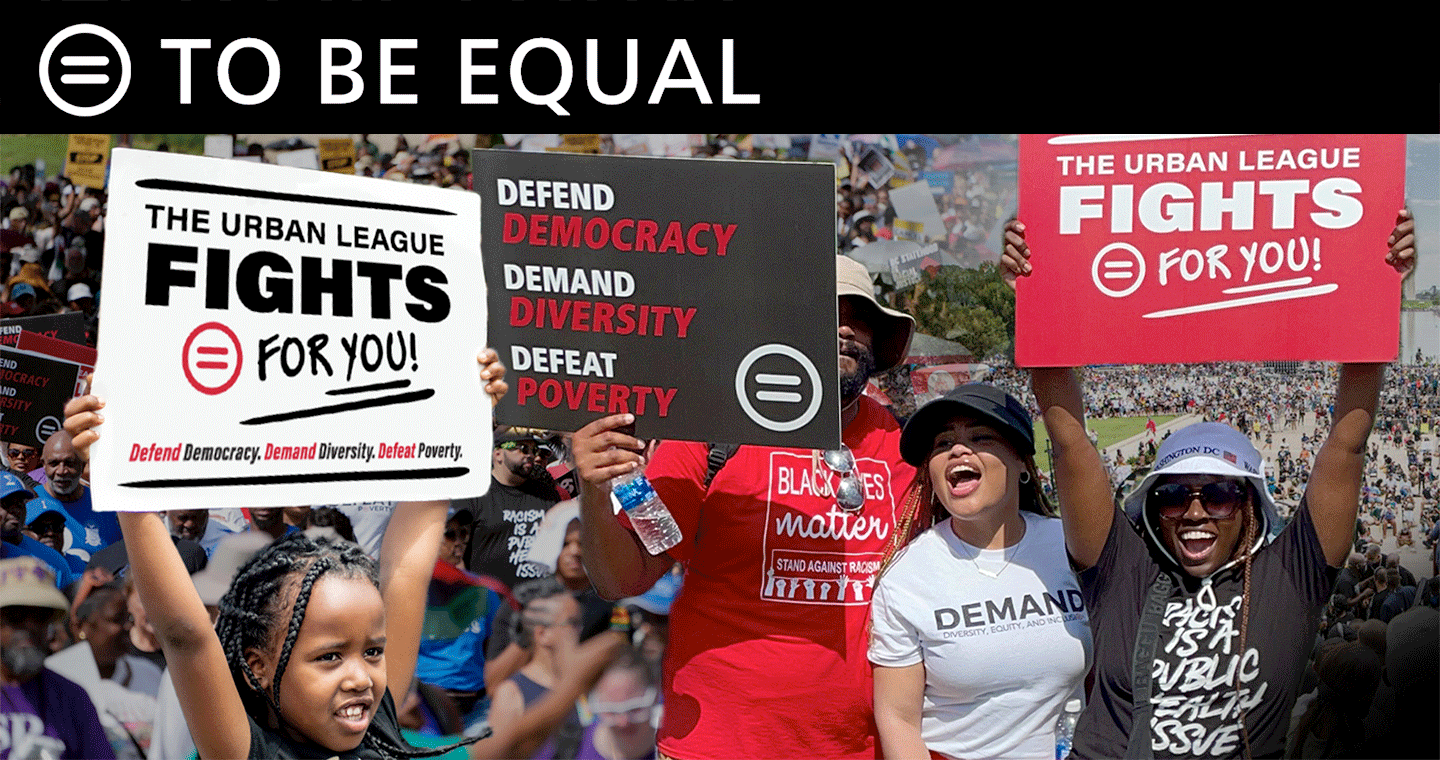Protecting Elected Officials From Intimidation Is Vital To Achieving The “3Ds”

Marc H. Morial
President and CEO
National Urban League
“Conventional wisdom may call such intimidating conditions the price of holding elected office. But its fallout harms everyone who relies on a free, fair, and functional democratic process. By deterring officeholders from seeking reelection or running for higher office, taking on important policy positions, or interacting with their constituents, unchecked extremist intimidation distorts government’s ability to represent the people it serves.” – Brennan Center for Justice
After a drive-by shooting, orchestrated by a political adversary, sent three bullets through her 10-year-old daughter’s bedroom, New Mexico State Senator Linda Lopez mused, “Is it worth me putting my family at risk because I vote a certain way, I espouse certain ideals?”
A healthy democracy depends not only upon unfettered access to the voting booth for all eligible citizens, but also upon the unfettered ability of those elected to exercise the will of the people.
An alarming report released this week by the Brennan Center for Justice found that threats, harassment, and physical violence against elected officials have spiked in recent years, threatening the free and fair functioning of representative democracy.
The vast majority of state legislators, 89%, reported experiencing some form of abuse in the last three years, with 40% experiencing actual violence or threats of violence.
Glynda Carr, president and CEO of Higher Heights, a nonpartisan nonprofit focused on expanding pipelines for Black women at all levels of elected government, told the researchers, ““It is a privilege and oftentimes a joy to be able to hold elected office and serve one’s community. But there is a long way to go, still. This study shows that those with power and resources must do more to foster the conditions for all talented people to be able to step up and lead.”
People of color at both the state and local levels were at least three times as likely as white officeholders to experience abuse related to their race. Women were three to four times as likely as men to experience abuse targeting their gender.
“I have been called everything, a c---, a n-----, a b----, you name it,” Wisconsin State Senator Lena Taylor said.
An unnamed Black state legislator said, “My first session, it was just a lot about race. There was someone who made a lynching joke and a three-fifths comment. I think the ones that I remember the most are the ones where I was called the n-word.”
Pervasive intimidation threatens to exacerbate the under-representation of women and people of color in elected office. Just 28% of Congressional seats and 33% of state legislative seats are held by women. Though they represent nearly a quarter of the population, women of color hold only 9% of Congressional seats and 8% of state legislative seats.
Those who do brave the harassment to make their way into office are less likely to tackle to critical issues once they arrive.
“I’ve had abolitionists — so, people who believe in the abolition of abortion — make death threats against my family, my children, myself,” said a Republican state lawmaker who failed to toe his party’s line on reproductive rights.
Illinois State Rep, Kelly Cassidy opted not to lead gun safety legislation because “my kids were too little, the threats were too common and too on point.”
Among the measures the Brennan Center recommends to combat the threat are:
- State and local governments should provide officeholders training, conducted by experts, in resisting hate-based violence that includes techniques in bystander intervention.
- States should regulate open and concealed carry of guns in places where officeholders engage with the public.
- States should protect local and state officeholders’ personal information, such as home addresses, with appropriate exceptions to enable public accountability.
- Legislative bodies, officeholders, and social media companies should prioritize the freedom to safely engage in public discourse as they update policies to reduce serious harm online.
Earlier this month, the National Urban League launched a new phase of advocacy and activism based on “3Ds:” Defend Democracy, Demand Diversity, and Defeat Poverty. Protecting elected officials from intimidation is vital to achieving all three.
###
4TBE 1/26/24 ▪ 80 Pine Street ▪ New York, NY 10005 ▪ (212) 558-5300
Connect with the National Urban League
Facebook: https://www.facebook.com/NatUrbanLeague
Twitter: https://twitter.com/naturbanleague
Instagram: https://www.instagram.com/naturbanleague
Website: https://www.NUL.org
Newsletter: http://bit.ly/SubscribeNUL
YouTube: http://bit.ly/YTSubNUL

